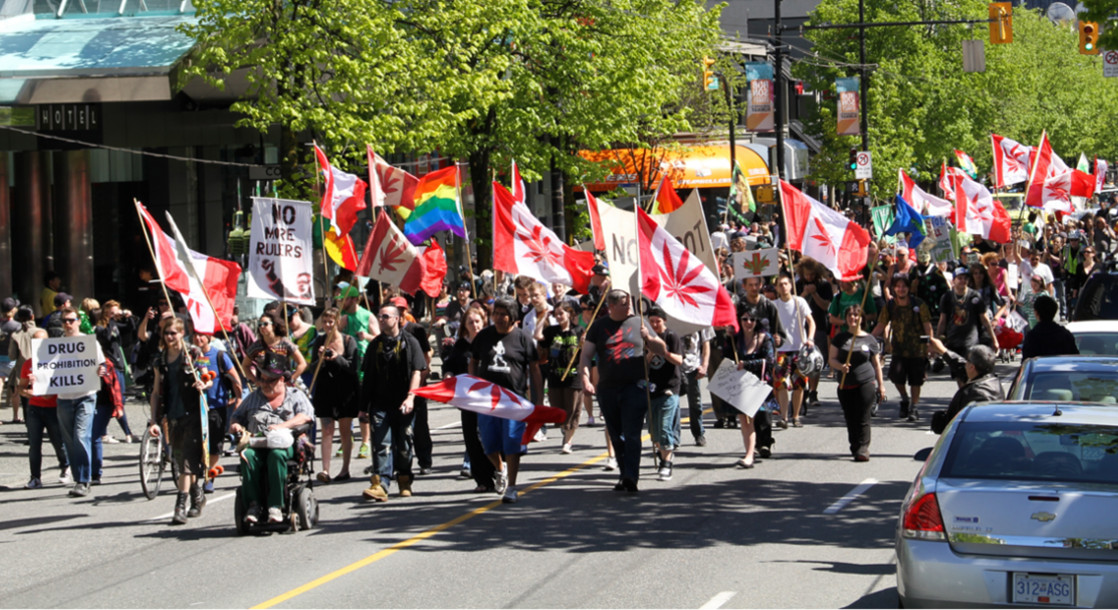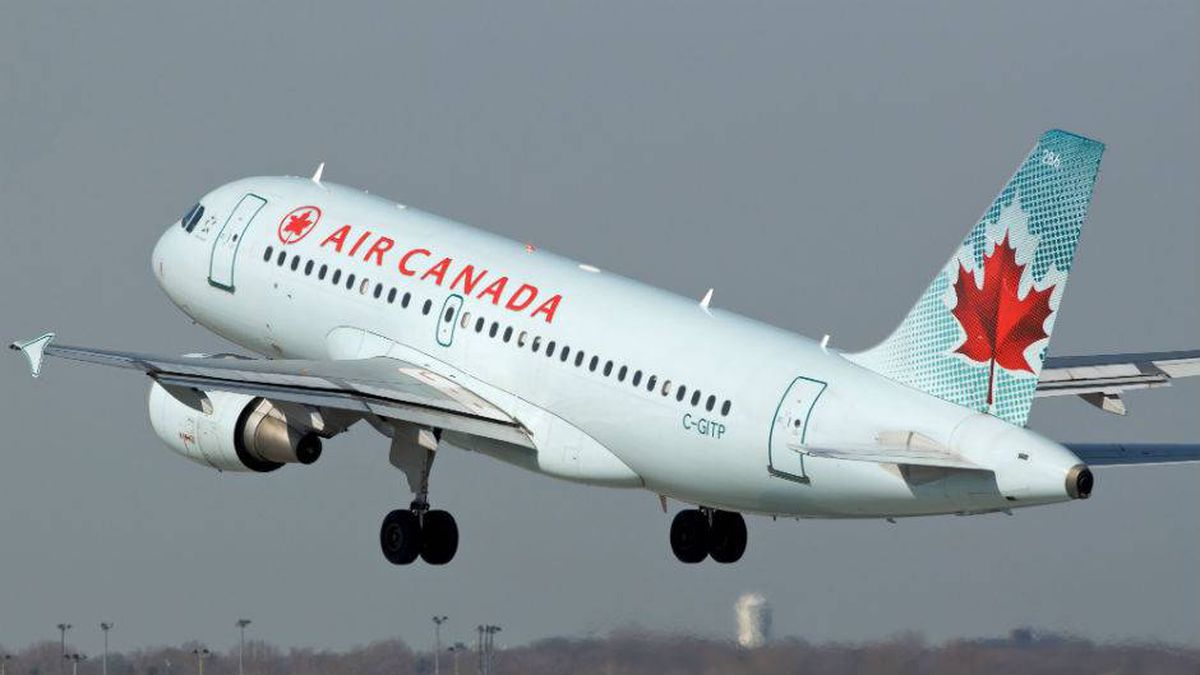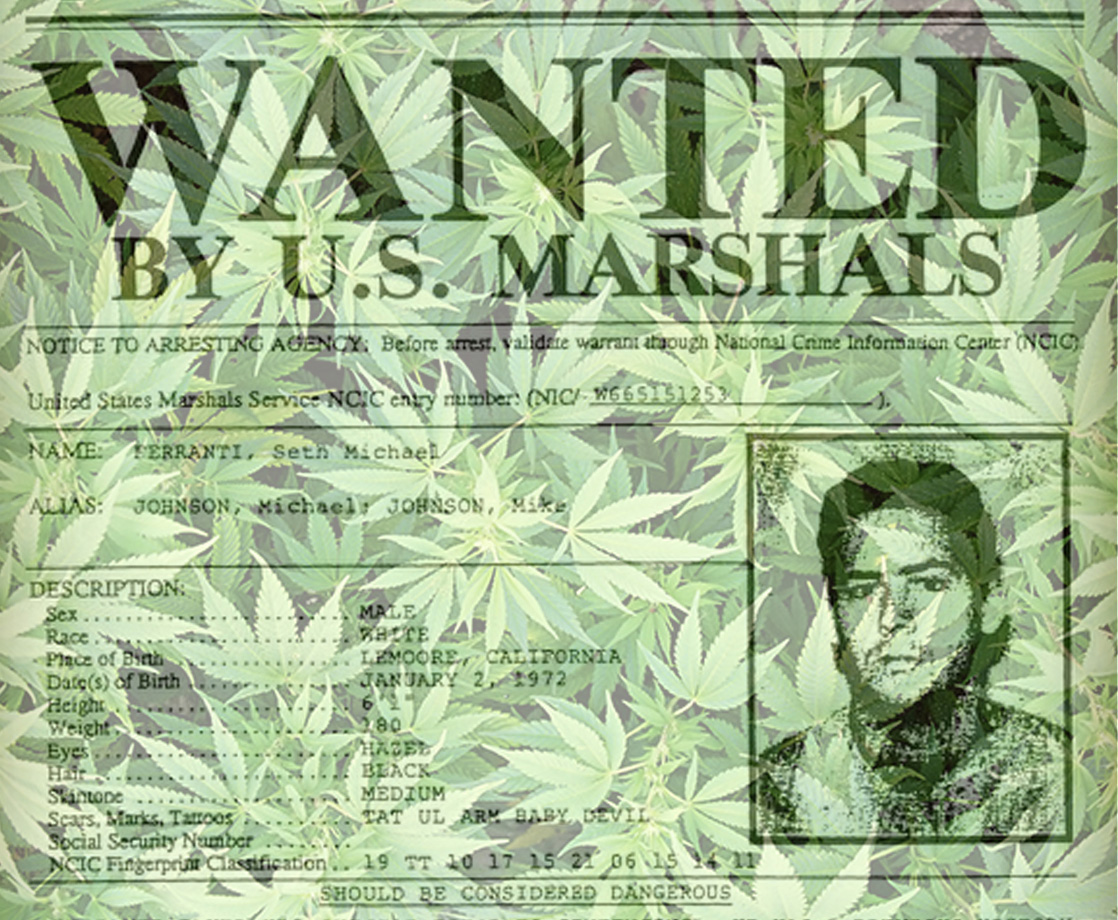Photo via Cannabis Culture
As Canada prepares to become the largest country to fully legalize cannabis this summer, federal and provincial legislators are scrambling to draft their own weed regulations, raising concerns over whether or not the country can make its self-imposed retail sales deadline of July 1st. The Canadian Senate is still debating the fine details of the legalization law, which will impose strict limits on packaging, advertising, transportation, and many other aspects of the legal market, and may not approve the final legislation until as late as June.
Canadian Health Minister Ginette Petitpas Taylor said this week that the federal government has decided to give the cannabis industry extra time to adapt to these strict regulations and safely ship their products to licensed retail stores. Hence, the start date for legal sales will happen eight to 12 weeks after the legalization law is passed, which may well push the market opening until late summer. "There is going to be a transition period because we have to ensure that provinces and territories have the capacity to get the products in their shops," Petitpas Taylor said at a press conference, The Globe and Mail reports.
Despite these potential delays, the provincial government of Manitoba has said that they will be fully prepared for legal weed by July 1st. "We're finally seeing acknowledgement in Ottawa that the established timeline for permitting the sale of recreational cannabis is tight," Manitoba Growth, Enterprise, and Trade Minister Blaine Pedersen said in a statement, according to Yahoo News. "While concerns have been raised about timing to secure necessary levels of supply, Manitoba is cautiously optimistic as our discussions to date indicate we are on track." The province has introduced a “hybrid model” for sales, where the Manitoba Liquor and Lotteries Corp. will supply cannabis to private retail stores to sell.
British Columbia does not expect to see its first cannabis retail stores to open until the end of the summer, however. "It's going to take some time before we get the retail system, the entire system up and running, the way it's going to be,” B.C. Minister of Public Safety and Solicitor General Mike Farnworth said at a recent press conference, as reported by CBC News. The minister explained that liquor stores in B.C. will not be allowed to sell cannabis, but the province's Liquor Distribution Branch will instead create their own standalone cannabis retail stores.
Although the provincial government is still sorting out many of the regulations, Farnworth was still able to reveal some of the details to the press. Adults aged 19 or older will be allowed to possess up to 30 grams of weed for recreational use and grow up to four plants per household. Cannabis use will not be allowed in vehicles, public spaces, or any other location “frequented by children.” Edibles will not be available in retail stores until 2019 at the earliest, and buyers will not be allowed to sample cannabis products in the stores.
As Canadian officials dig in to the fine details of cannabis regulation, officials on the other side of the border are becoming concerned that some of this legal weed will eventually make its way into the U.S. This topic has come up during recent conversations between Canadian Public Safety Minister Ralph Goodale and U.S. Homeland Security Secretary Kirstjen Nielsen. Goodale has said that there is no need for the U.S. to worry, as transporting pot across the border will still be fully illegal. U.S. officials are “saying they don't anticipate any great change,” Goodale said to CBC News. “But I think there is some concern that Canadian law is changing, and does that cause them to behave in a different way. The answer should be no."











